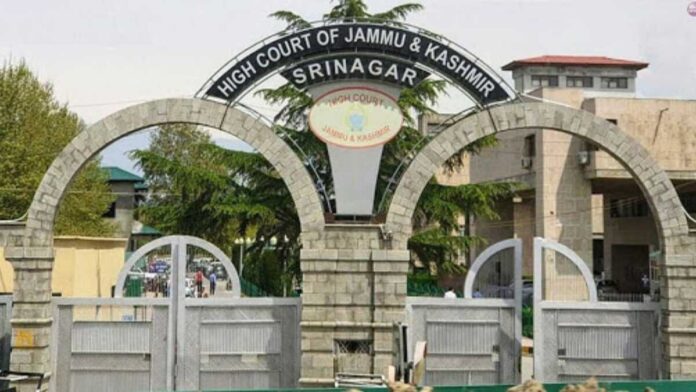The High Court of Jammu & Kashmir and Ladakh at Jammu has dismissed a criminal acquittal appeal filed by the State, thereby upholding the 2016 acquittal of three individuals—a husband and his parents—charged with abetment to suicide under Section 306 of the Ranbir Penal Code (RPC). A Division Bench comprising Justice Sanjeev Kumar and Justice
To Read More Please Subscribe to VIP Membership for Unlimited Access to All the Articles, Download Available Copies of Judgments/Order, Acess to Central/State Bare Acts, Advertisement Free Content, Access to More than 4000 Legal Drafts( Readymade Editable Formats of Suits, Petitions, Writs, Legal Notices, Divorce Petitions, 138 Notices, Bail Applications etc.) in Hindi and English.




